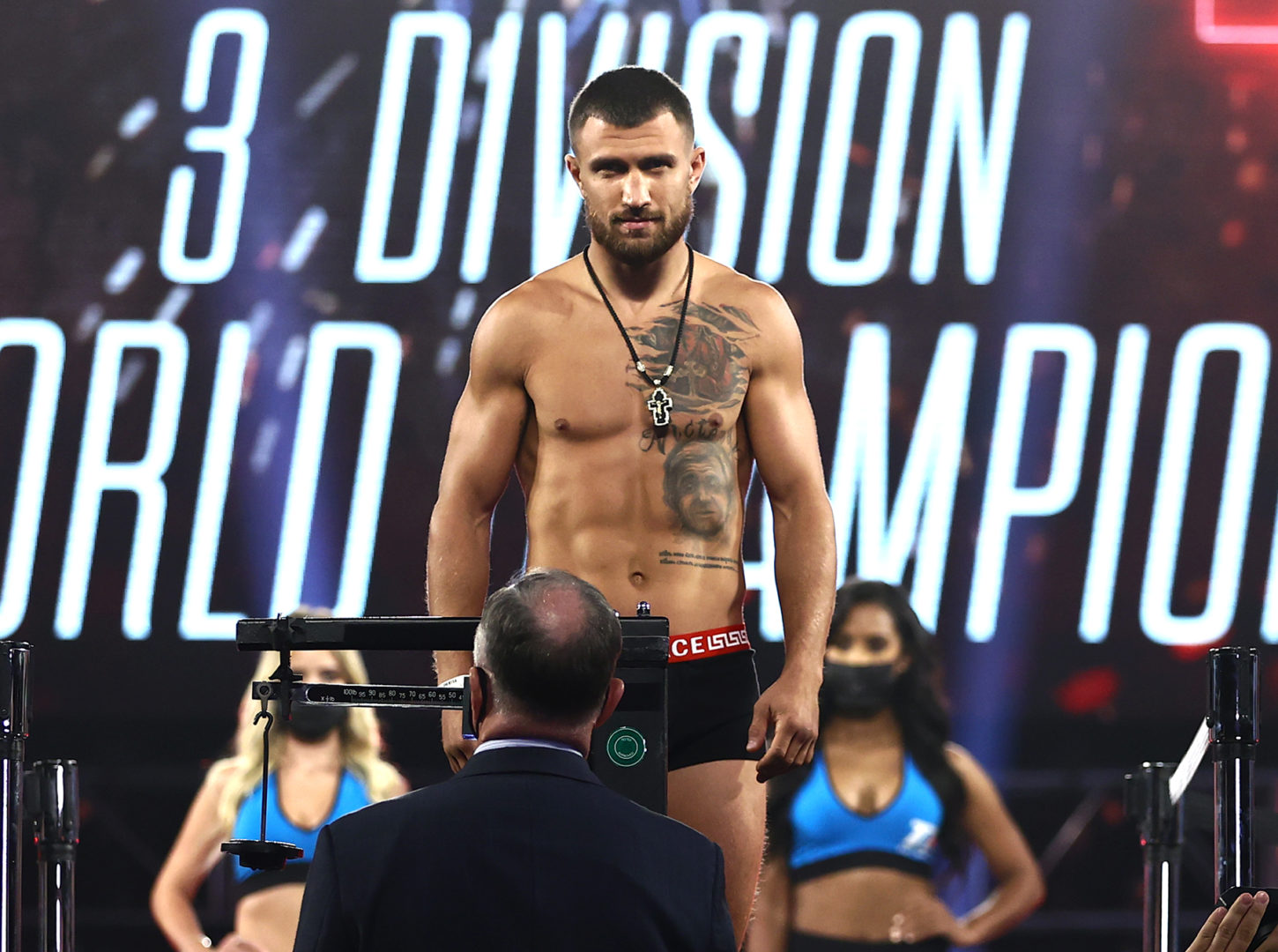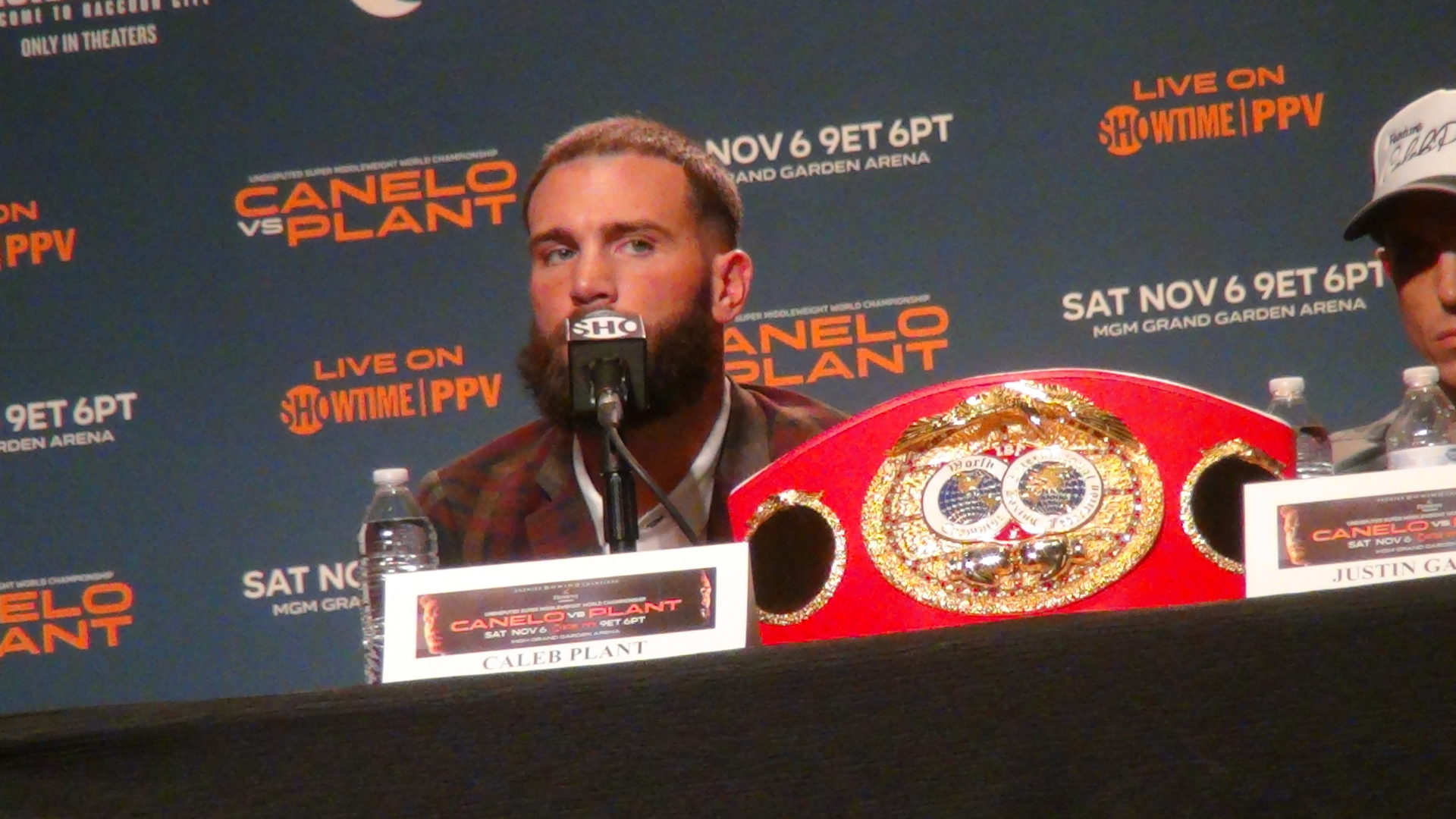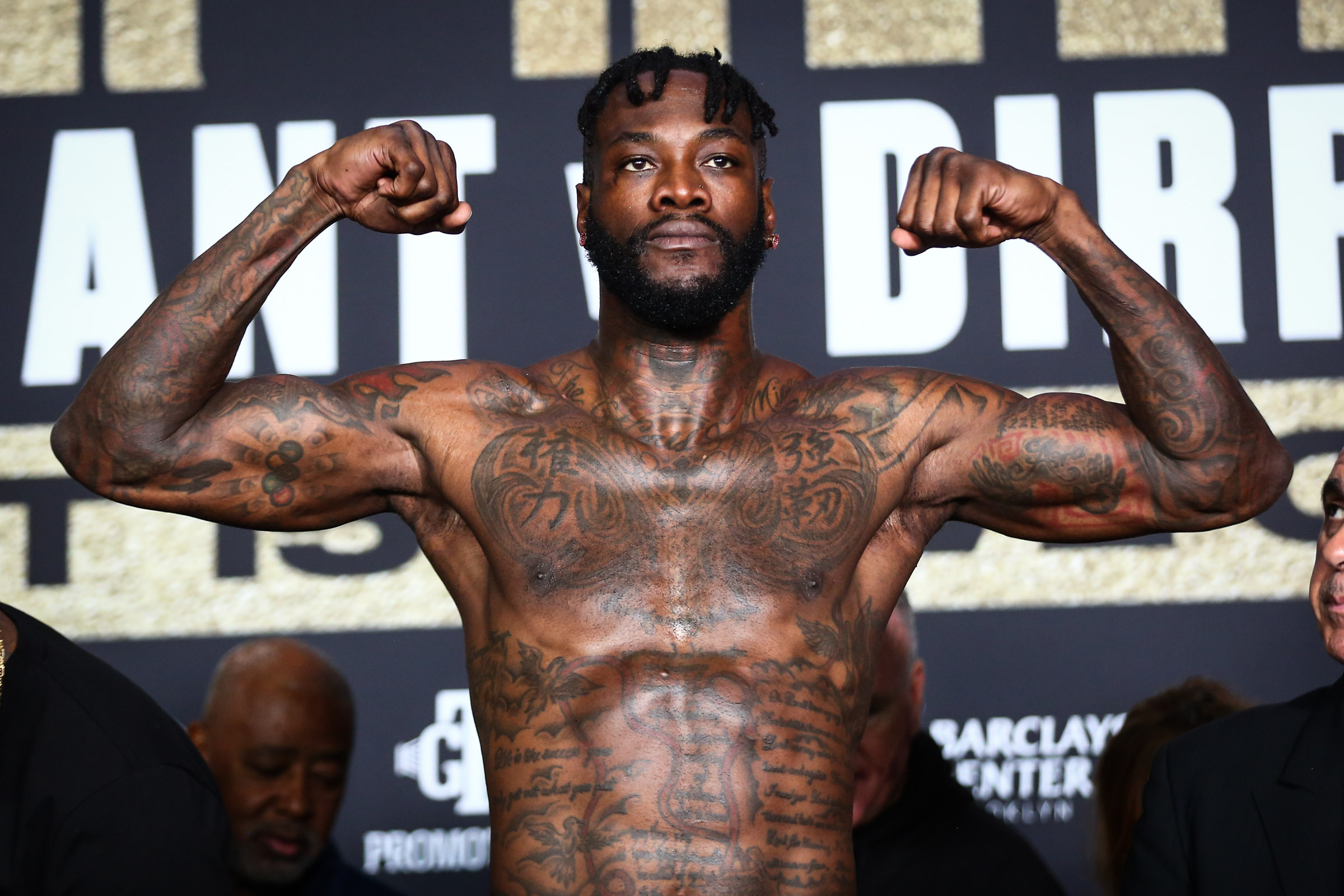By Norm Frauenheim –
It looks as if Deontay Wilder’s improbable career has come to an end. Let’s hope so, anyway.
Zhilei Zhang delivered an unmistakable message in Saudi Arabia Saturday with successive rights that sent Wilder spinning onto the canvas like debris caught in a whirlpool.
It’s over, Deontay. More time in harm’s way only means the kind of harm that more money can’t correct. It was hard to watch. Sad in many ways.
I was there in 2008 when Wilder, an unknown novice from Tuscaloosa, won a modest bronze at the Beijing Olympics. He was a story only because he was the only American to win a boxing medal at the Beijing Games.
Then, he looked like another symbol of what was wrong with American boxing and its storied place in Olympic history, sports history.
Most of the U.S. media had already written off American boxing, Olympic and professional. It was on the fringe, and editors were trying to push it off that edge and into extinction. They still are.
Then, Wilder looked like an ominous marker on that road to nowhere. I was in Beijing for the same reason everybody else was.
I covered Michael Phelps’ record-setting eight gold medals in the pool. I watched Usain Bolt sprint into a history defined by Jesse Owens, Bob Hayes and Carl Lewis.
I wrote about Henry Cejudo, a Mexican-American from Phoenix who won wrestling gold yet couldn’t get his mom into China because of questions about her immigration status.
But, 16 years later, I mostly remember Wilder.
He sat in a dank, aging building in a dark Beijing neighborhood somewhere far from an Olympic complex that the Chinese had built to showcase their confidence and ambitions.
For now, boxing is still an Olympic sport, but you wouldn’t know it, at least not by real estate’s proverbial mantra: Location, location, location.
At the 2004 Games in Athens and then in Beijing, boxing was shoved, hidden perhaps, into urban corners not exactly known for swimming pools and rhythmic gymnastics. Good luck at finding a cab. Then again, cabbies know not to go there.
Late at night in Beijing, there was the familiar chaos in the ring and mostly outside of it. American fighters rebelled against their appointed coaches. There was a midnight news conference about bribed judges and fixed fights. Cubans were screaming at Romanians.
It was an angry mess.
But in a crowded room that smelled like an Eastern European’s arm pit, there was Wilder, a 22-year-old going on 10. He was ecstatic.
He kept shaking his head in wonder. The rest of us just shook our heads. The media figured we’d seen the the last of Wilder
For the next 10-plus years, he surprised us. He enlivened the heavyweights – the flagship division suffocated by the stoic, effective Wladimir Klitschko. The media dismissed Wilder for his lack of boxing skill. He didn’t start until he was 20. His smarts were questioned. He was called a one-hit wonder.
But his right, the biggest since Tommy Hearns’ right hand, kept blowing away everybody in front of him. It was a force of nature, a lightning bolt, that shook up boxing’s dormant division.
To wit: It was a hell of a lot of fun.
His fifth-round stoppage loss to Zhang, whose ZZ initials are a pretty good acronym for what his right does, has been explained in a lot of ways.
One theory suggests that Wilder just doesn’t have the same kind of power in his right. Maybe. He’s 38. But power is the last thing to go, especially in heavyweights. Think George Foreman.
The guess here is that Tyson Fury took away Wilder’s childlike fearlessness, especially in their violent, five-knockdown fight in October 2021.
There are still questions about whether Fury – a heavyweight great in his own right because he got up from Wilder’s ferocious right – is the same after their trilogy fight about two-and-a-half years ago.
If Fury watched Wilder fall to Zhang, he might have wondered how much Wilder took from him. It’s a question that was there in the wake of his split-decision loss to Oleksandr Usyk, and it’s a question that lingers in his decision to fight a rematch projected for October.
At one level or another, Fury too might discover that it’s time, past-time, to walk way. Wilder should have retired after that third fight. Boxing, especially the heavyweight variety, doesn’t forgive. It just punishes.
It’s time, Deontay, to move on, to protect yourself and your family from the punches that jeopardize your future. Let your improbable career stand as an enduring example of what’s possible.
Boxing is at its best when it surprises. The unlikely Wilder is a face of its inexhaustible resilience.
I thought about that when I watched him lose to Zhang. For me, Wilder is a reason to be a fight-writer.
I say that just as my part in the business changes all over again. This column is appearing on a new, re-branded platform, TheBoxingHour.com instead of 15Rounds.com.
A couple of weeks ago, I learned that the boxing version of 15 Rounds was going away, another website change-up amid many during the last few months. Throughout my sports-writing days, I’ve been through this, ad nauseam.
Right after Beijing, I was shown the door by The Arizona Republic, where I had worked for 30-plus years.
I got a buyout, but I wasn’t ready to quit writing. I was also angry about the virtual end of my newspaper career.
When I was honored with the Nat Fleischer Award for excellence in boxing journalism from the Boxing Writers Association in 2008, I said in my acceptance speech that boxing would outlive newspapers. That might be the best pick I ever made.
Still, I concede that a couple of weeks ago I thought: Not again. Then, I watched Wilder in a loss at the end of a career that I saw begin.
He didn’t quit.
I won’t either.




















